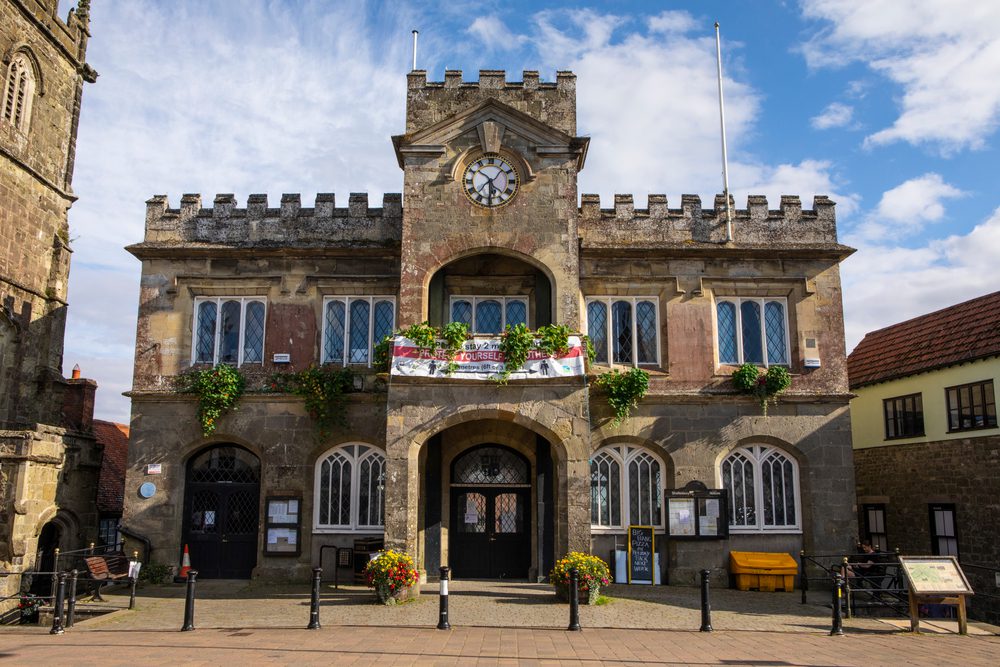Bridport Town Council has urged Dorset Council to adopt a more flexible approach when considering planning applications for energy reduction measures
Dorset Council has been slammed by town councillors over its approach in considering climate change within planning applications, calling their handling a ‘denial of democracy’ and ‘undermining efforts’.
Bridport Town Council has urged Dorset Council to adopt a more flexible approach when considering planning applications for energy reduction measures to address the climate crisis, particularly on listed buildings.
The town council submitted a letter to Dorset Council’s portfolio holder for planning, David Walsh, in which town councillors described the climate crisis as being of ‘overriding public importance’ and called for a review of the way the planning policy is interpreted so that measures such as double glazing and solar panels can be fitted to listed buildings and other heritage assets.
Town councillors expressed their frustrations at a meeting is July, after hearing that Dorset Council had refused permission for three double glazed windows to be installed at a listed property in South Street, Bridport – a proposal supported by the town council.
Cllr Dave Bolwell, Chairman of the Town Council’s Planning Committee said: This is the latest in a long line of refusals that have prevented local residents and businesses from improving energy efficiency in their homes and premises, often with changes that would not be visible from the street.
In Bridport, where we have about 500 listed buildings, we need a more flexible approach so that we can contribute to addressing climate change and so that the owners can reduce their energy bills, he said.
The letter also expressed concern that decisions are made without referring to the council’s full planning committee.
Cllr Kelvin Clayton, Chairman of the Town Council’s Environment & Social Wellbeing Committee said: The extent of the climate emergency is such that elected local councillors must be given the opportunity to challenge officers who recommend refusal for energy-proofing measures.
Cllr Dave Rickard, leader of Bridport Town Council said: We simply cannot go on like this. In the run-up to the COP 26 summit later this year, where the UK government will be calling on other countries to step up and address climate change, it is unthinkable that at a local level people are quite literally being prevented from doing their bit by a public authority.
A Dorset Council spokesman said: Planning decisions are made taking account of local planning policies, the national policy framework and any other material considerations. Many factors are taken into account, including the characteristics of the area and the building itself. There is the option to appeal a planning decision.
The spokesman said local authority decisions are made by elected members but for the council to be able to function on a day to day basis the law allows various executive and non-executive functions to be delegated to officers. In addition, there are some functions which the law says must be exercised by specific officers. There is a constitution that sets out the ways in which the officers of the council can make decisions and which decisions they have the power to make. It is called the ‘Scheme of Delegation’.






